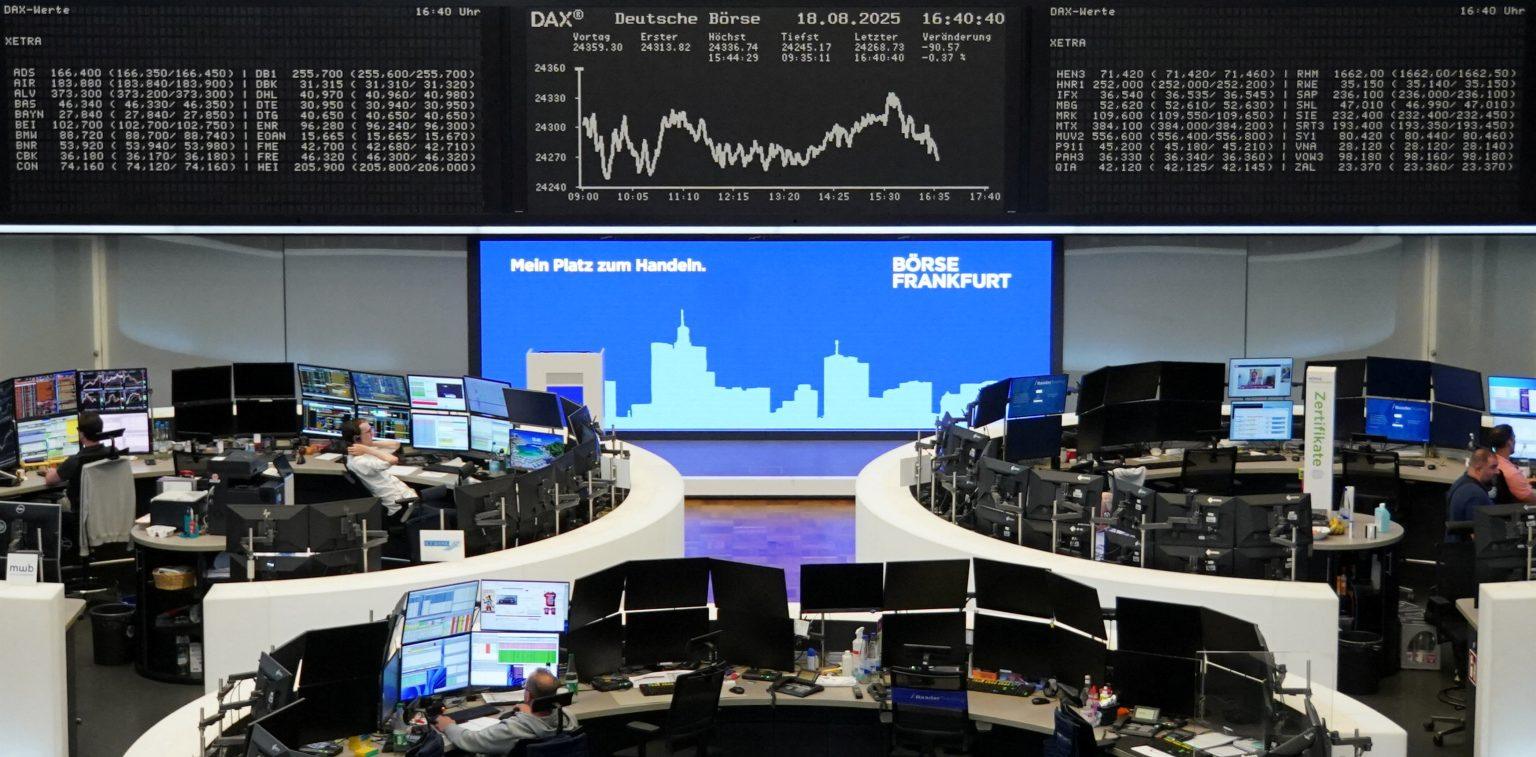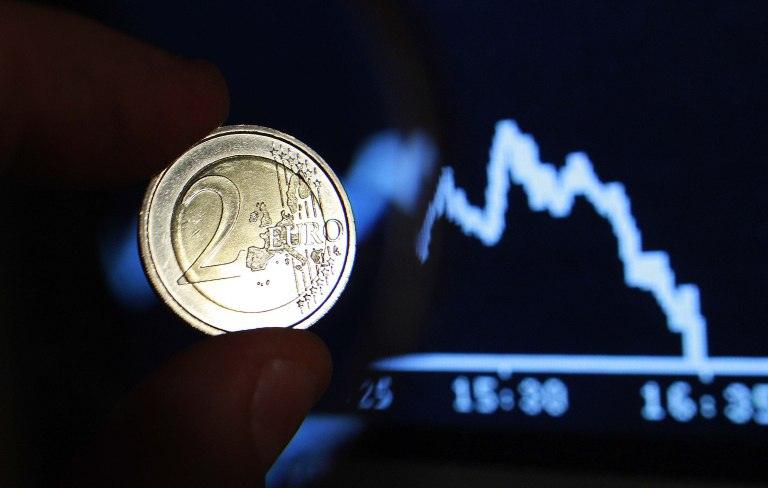Bilateral trade between Greece and Germany reached €12.05 billion in 2024, marking a 3.8% increase compared to 2023, according to the latest annual report from the Greek Embassy in Berlin. The growth moved Greece up two positions, making it Germany’s 37th largest trading partner worldwide.
While total trade expanded, the imbalance remains stark. Greek exports to Germany rose 5.2% to €3.42 billion, but imports from Germany grew 3.5% to €8.63 billion, leaving Greece with a trade deficit of €5.2 billion. Greek goods covered only 39.6% of imports from Germany, underlining a long-standing gap in value and composition.
Strong in food and niche products, weak in high-tech
Pharmaceuticals remained Greece’s top export despite a 14% drop, followed by cheese — mostly feta — at 7.8% of the total. Olive oil exports surged by 39.2%, while fresh fruit, preserved vegetables, and aluminium products also performed strongly. Notable spikes were recorded in tobacco products (+361%) and optical and laser equipment (+152%), signalling gradual diversification.
However, many Greek exports are labour-intensive goods facing stiff competition from lower-cost producers. By contrast, German exports to Greece are dominated by high value-added industrial products.
Services and investment
Germany is Greece’s second most important trading partner after Italy, and its top source of imports. In services — especially tourism — Greece runs a surplus. German investment stock in Greece stood at around €8 billion at the end of 2022, though this represented a slight year-on-year decline. Major German companies active in Greece include Deutsche Telekom, Siemens, Lidl, Fraport AG, Mercedes-Benz, and RWE.
Sectors with growth potential
The report highlights opportunities for further cooperation in pharmaceuticals, construction materials, food and beverages, environmental technology, maritime services, high-tech startups, and renewable energy.
Germany’s push for energy transition — particularly in solar, wind and green hydrogen — aligns with Greece’s abundant renewable resources, offering a clear path for joint ventures. Greek government incentives in taxation, financing, bureaucracy reduction, and digitalisation could further attract German companies seeking relocation amid high energy costs and labour shortages at home.
Despite the trade deficit, officials see the growing volume as proof of strong economic ties and untapped potential in strategic sectors — from agri-food exports to clean energy partnerships.
Source: tovima.com









































